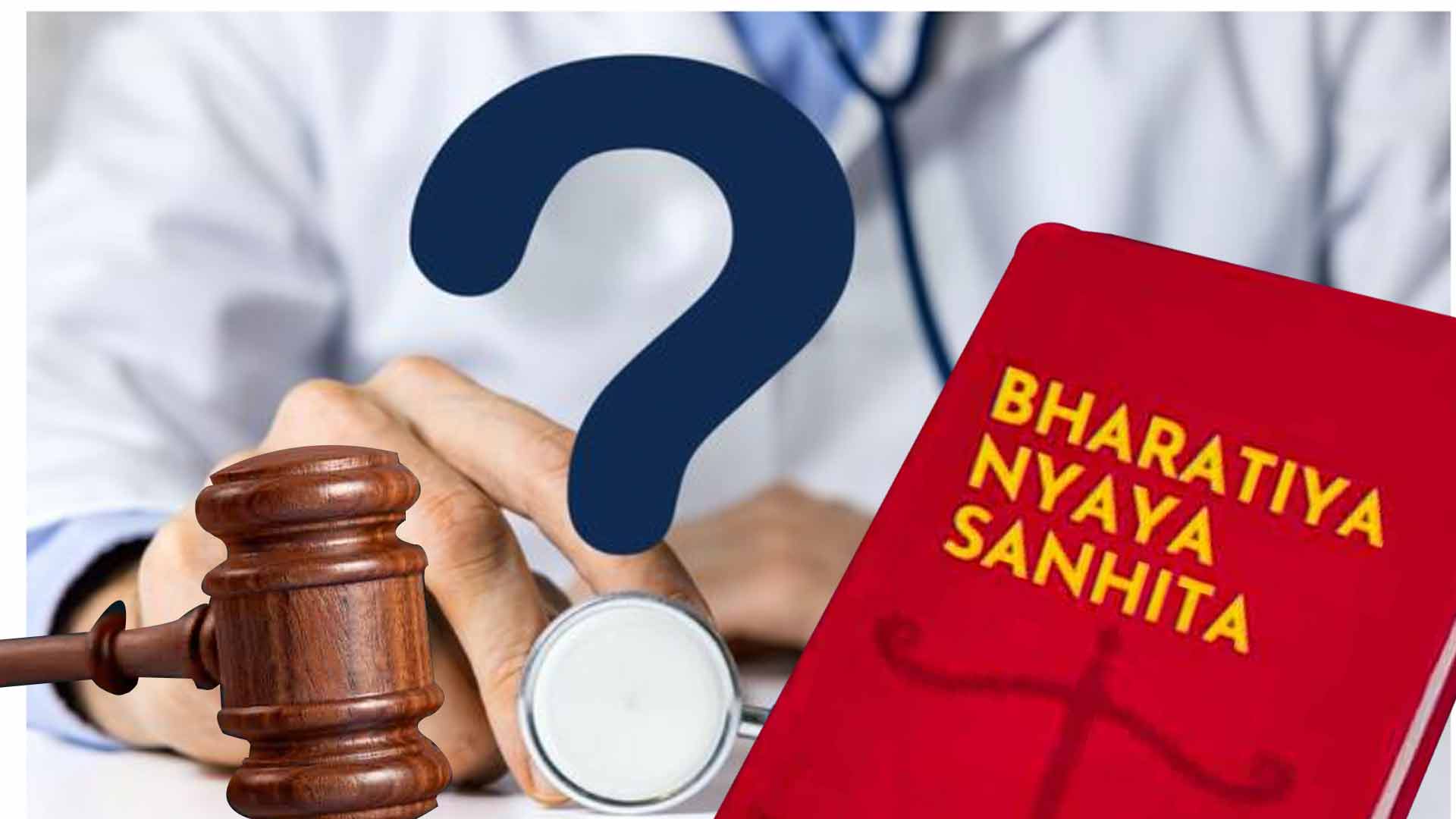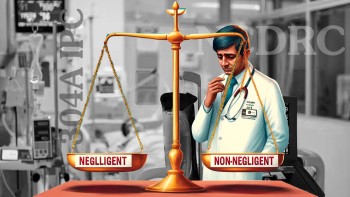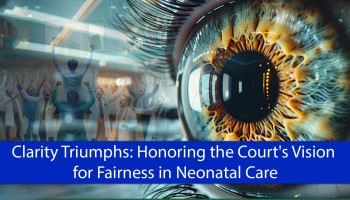New Delhi: The Medicos Legal Action Group (MLAG), comprising approximately 1,250 doctors of modern scientific medicine from across India, has raised significant apprehensions regarding the recently notified Bhartiya Nyay Sanhita (BNS) 2023. In a detailed representation addressed to Prime Minister Narendra Modi, the group highlighted the potential challenges and ambiguities posed by the new legal framework for medical professionals.
Stringent Provisions Heighten Worries
Under the erstwhile Indian Penal Code (IPC) of 1860, Section 304A stipulated a punishment of up to two years imprisonment and/or fine for death due to negligence. However, with the introduction of BNS 2023, Section 106(1) mandates both imprisonment and fine, marking a stricter stance against alleged medical negligence. This shift has left many in the medical community apprehensive about the heightened legal risks they now face.
Good Faith Actions Under Scrutiny
The MLAG's representation emphasized that medical professionals inherently act in good faith, striving to benefit their patients. Citing Sections 18, 19, 25, 26, 27, and 30 of the BNS, which offer protections for actions done in good faith, the group questioned why doctors still find themselves entangled in criminal proceedings for complications arising from medical procedures. Instances like uterine perforation during D&C procedures or bile duct injuries during cholecystectomy, labeled as accidents within lawful medical practices, often lead to legal challenges despite existing protections.
Ambiguities and Potential Misuse
The group voiced concerns over several sections of the BNS, notably Sections 105, 117, and 124, which they believe possess ambiguous language that could be exploited. For example, Section 117 pertains to acts causing permanent damage or leading to a vegetative state, with punishments ranging from ten years to life imprisonment. The MLAG highlighted scenarios like patients entering a permanent vegetative state post-cardiac arrest, questioning the feasibility of predicting such outcomes during emergency interventions like Cardiopulmonary Resuscitation (CPR).
Further, the representation pointed out potential ethical dilemmas arising from Section 239, which obligates doctors to report any suspected crimes. This could conflict with provisions of other laws, such as the Medical Termination of Pregnancy (MTP) Act, which mandates confidentiality.
Call for Clarity and Protection
Citing past judgments, including the Supreme Court's observation in Kartar Singh v. State of Punjab (1994), the MLAG stressed the importance of clear laws to prevent arbitrary or discriminatory application. They underscored the mental and professional toll that prolonged legal battles impose on doctors, advocating for clearer distinctions to prevent misuse of the law against medical practitioners.
In their concluding remarks, the MLAG emphasized the necessity of empowering doctors, especially in critical situations, rather than constraining them with legal uncertainties. They urged for a reevaluation of the BNS's provisions concerning medical professionals, emphasizing that mechanisms like the Consumer Protection Act (CPA) and State Medical Councils already exist to address grievances related to medical services.






Recent comments
Latest Comments section by users